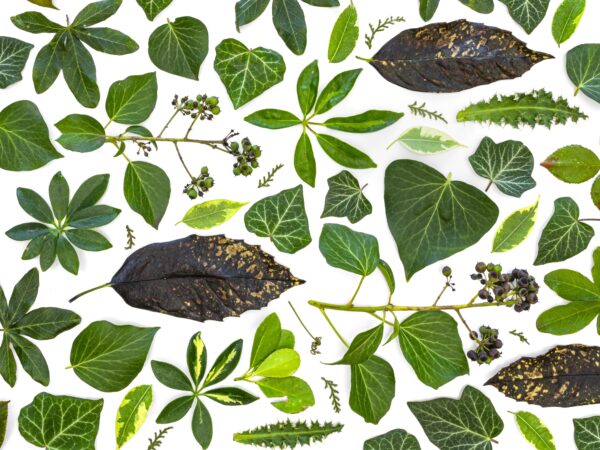
Wild tea plants are a treasure of nature, offering unique flavors and rich health benefits. These plants grow in their native habitats, untouched by human hands. Exploring wild tea plants takes us back to a time when tea was not only a drink but a source of healing and connection with nature.
What Are Wild Tea Plants?
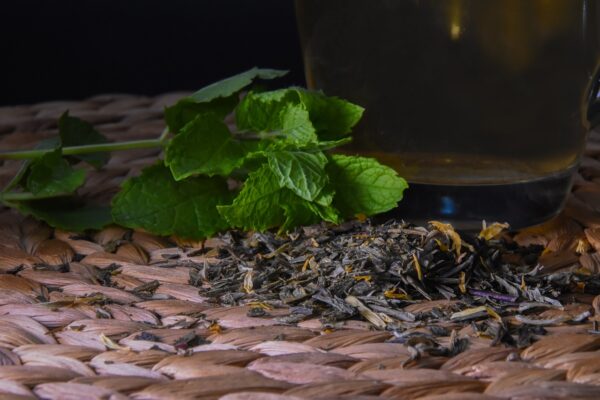
Wild tea plants are tea varieties that grow naturally in the wild. Unlike commercial tea, which is cultivated and processed, these plants thrive in their natural environments, often in remote regions. They are left to develop without human intervention, which gives them a distinct flavor and nutrient profile.
Why Wild Tea Plants Matter
- Natural Growth: Free from pesticides and fertilizers, wild tea plants grow organically. This makes them pure and rich in antioxidants.
- Unique Flavors: The soil, climate, and surroundings shape the flavor of wild tea plants, making each cup unique.
- Historical Significance: For centuries, indigenous cultures have relied on these plants for medicinal purposes. They were used for digestion, relaxation, and boosting immunity.
Yaupon Holly is the only plant native to North America that contains caffeine. Indigenous peoples used it in rituals, and today it is gaining popularity for its natural energy-boosting properties. It also contains theobromine, which helps improve focus and mood.
Health Benefits of Wild Tea Plants
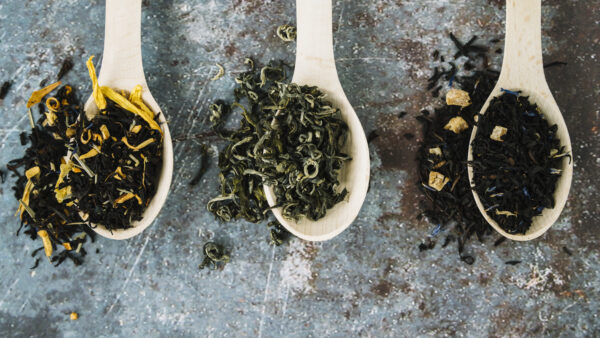
The health benefits of wild tea plants go beyond their natural origins. These plants are packed with nutrients that can improve overall well-being. Here are some key benefits:
1. High in Antioxidants
Wild tea plants often contain more antioxidants than cultivated varieties. Antioxidants fight free radicals in the body, reducing the risk of chronic diseases like cancer and heart disease.
2. Boosts Immunity
Many wild tea plants have immune-boosting properties. For instance, Camellia sinensis is rich in catechins, which help ward off infections and promote overall health.
3. Promotes Digestion
Wild mint and other herbal teas aid digestion. Drinking these teas after meals can help reduce bloating and soothe the stomach.
4. Natural Energy Boost
Yaupon Holly and wild teas containing caffeine provide a natural energy boost. Unlike coffee, these teas release energy more slowly, avoiding the jitters and crash.
5. Stress Relief
Many wild teas, like Labrador tea, are known for their calming properties. They can help reduce stress and anxiety, making them ideal for unwinding after a long day.
Harvesting Wild Tea Plants
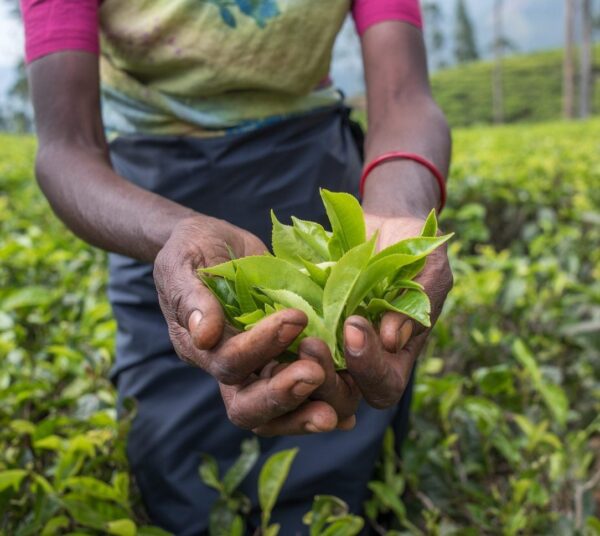
Harvesting wild tea plants can be an enriching experience, but it requires care and knowledge. Here’s a step-by-step guide:
1. Identify the Plant
Before harvesting, it’s crucial to know exactly what you’re picking. Many wild plants look similar, and some can be toxic. Using a plant identification guide or consulting an expert ensures you’re gathering the right plant.
2. Harvest Sustainably
When foraging for wild tea plants, take only what you need. Overharvesting can harm the plant population and the surrounding ecosystem. Leave enough for the plant to regenerate and for wildlife that depends on it.
3. Dry the Leaves
After harvesting, dry the leaves in a cool, shaded area. Spread them out in a single layer to ensure even drying. Once the leaves are completely dry, store them in an airtight container.
4. Brew the Tea
To brew wild tea, steep the dried leaves in hot water for several minutes. The steeping time will depend on the plant and the strength of flavor you prefer.
The Cultural Importance of Wild Tea
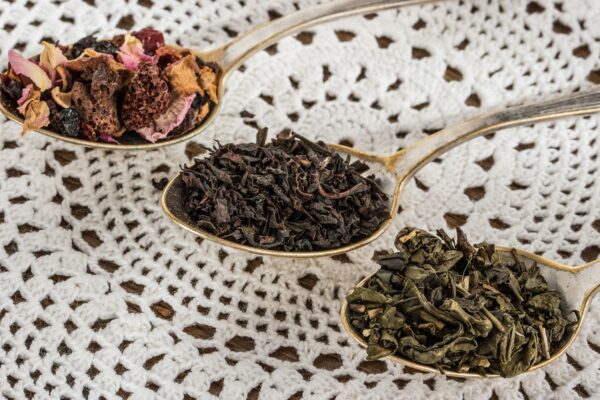
In many parts of the world, wild tea plants hold deep cultural significance. Indigenous tribes and rural communities have used them in rituals and as medicine for centuries. Wild teas were not just consumed for flavor but were revered for their healing properties.
For example, in China, wild tea has been linked to longevity and spiritual clarity. In North America, Native American tribes used Labrador tea in sacred ceremonies and to treat ailments.
Growing Interest in Wild Tea Plants
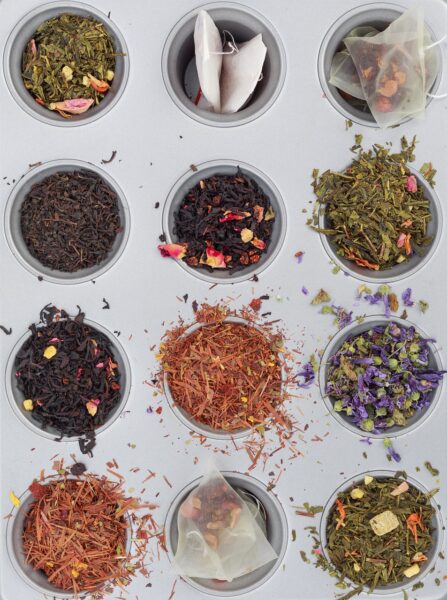
As more people turn to natural and organic products, wild tea plants are gaining attention. They offer a sustainable alternative to commercial tea, free from the pesticides and chemicals often used in large-scale farming. Plus, the unique flavors and health benefits make them a favorite among tea enthusiasts.
Many specialty tea shops now offer wild-harvested teas, allowing consumers to experience these ancient plants without foraging themselves. This growing interest reflects a broader trend toward reconnecting with nature and valuing the purity of wild foods.
Incorporating Wild Tea Plants into Your Routine
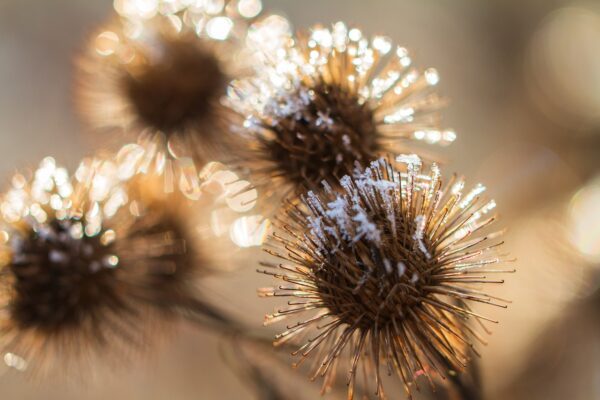
Whether you’re a seasoned tea drinker or new to herbal teas, wild tea plants can easily be added to your daily routine. Here are some ideas:
- Morning Boost: Start your day with a cup of wild Camellia sinensis for a refreshing energy boost.
- Midday Calm: Sip on Labrador tea during lunch to calm your nerves and promote relaxation.
- Evening Wind-Down: End the day with a soothing cup of wild rooibos, known for its calming effects.
Where to Find Wild Tea Plants
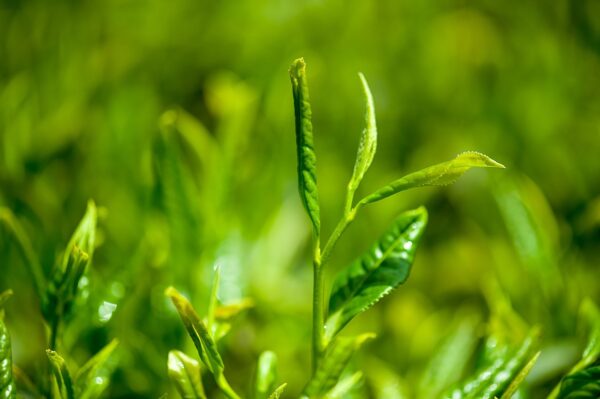
If you’re interested in trying wild tea plants, you have a few options:
- Foraging: If you’re experienced in plant identification, foraging for wild tea plants can be a rewarding way to connect with nature.
- Specialty Shops: Many online retailers and specialty tea shops sell wild-harvested teas. These products are often more expensive than regular tea but offer a unique and authentic experience.
- Farmers’ Markets: In some regions, local farmers and foragers sell wild tea plants at markets. This allows you to support small businesses while enjoying fresh, wild tea.




0 Comments